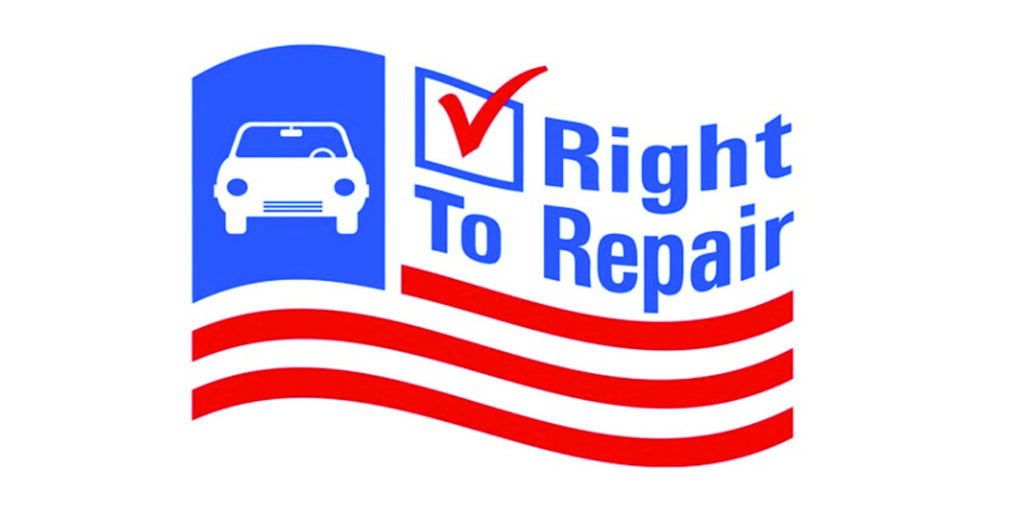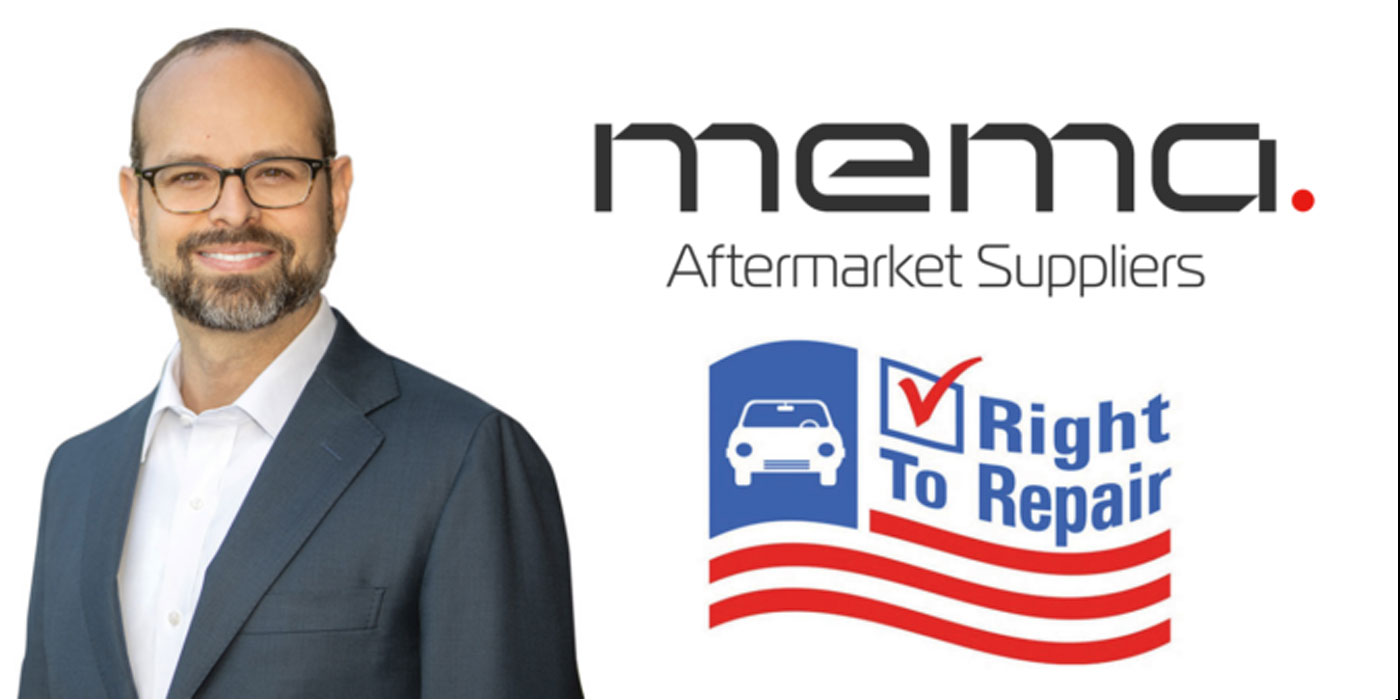The Federal Trade Commission is taking action against motorcycle manufacturer Harley-Davidson Motor Company Group, LLC and Westinghouse outdoor generator maker MWE Investments, LLC for illegally restricting customers’ right to repair their purchased products. The FTC’s complaints charge that the companies’ warranties included terms that conveyed that the warranty is void if customers use independent dealers for parts or repairs. The FTC is ordering Harley-Davidson and Westinghouse to fix warranties by removing illegal terms and recognizing the right to repair, come clean with customers, and ensure that dealers compete fairly with independent third-parties.
“Consumers deserve choices when it comes to repairing their products, and independent dealers deserve a chance to compete,” said Samuel Levine, Director of the FTC’s Bureau of Consumer Protection. “These orders require Harley and Westinghouse to fix their warranties, come clean with consumers, and ensure fair competition with independent providers. Other companies that squelch consumers’ right to repair should take notice.”
Wisconsin-based Harley-Davidson sells motorcycles worldwide, and Ohio-based MWE Investments sells Westinghouse-brand outdoor power generators and related equipment. Each company offers limited warranties to consumers who buy their products that provide for no-cost repair or replacement, should the products have defects or other issues.
The FTC has made it a priority to protect consumers’ right to repair their products. The Magnuson Moss Warranty Act is one of the FTC’s tools to address repair restrictions. It prohibits a company from conditioning a consumer product warranty on the consumer’s using any article or service which is identified by brand name unless it is provided for free. Following the FTC’s right to repair report Nixing the Fix, the Commission issued a Policy Statement on Repair Restrictions Imposed by Manufacturers pledging to ramp up investigations into illegal repair restrictions.
According to the FTC’s complaints, both companies were imposing illegal warranty terms that voided customers’ warranties if they used anyone other than the companies and their authorized dealers to get parts or repairs for their products. The FTC also alleged that Harley-Davidson failed to fully disclose all of the terms of its warranty in a single document, requiring consumers to contact an authorized dealership for full details. The FTC alleges that these terms harm consumers and competition in multiple ways, including:
- Restricting consumers’ choices: Consumers who buy a product covered by a warranty do so to protect their own interests, not the manufacturer’s. The companies’ warranties improperly implied that as a condition of maintaining warranty coverage, consumers had to use the company’s part or services for any repairs.
- Costing consumers more money: By telling consumers their warranties will be voided if they choose third-party parts or repair services, the companies force consumers to use potentially more expensive options provided by the manufacturer. This violates the Warranty Act, which prohibits these clauses unless a manufacturer provides the required parts or services for free under the warranty or is granted an exception from the FTC.
- Undercutting independent dealers: The Warranty Act’s tying prohibition protects not just consumers, but also independent repairers and the manufacturers of aftermarket parts. By conditioning their warranties on the use of authorized service providers and branded parts, the companies infringed the right of independent repairers and manufacturers to compete on a level playing field.
- Reducing resiliency: Consumers rely on the companies’ products for emergency power and transportation. Robust competition from aftermarket part manufacturers is critical to ensuring that consumers get the replacement parts they need when they need them and are not at the mercy of branded part supply chains. More resilient and repairable products also lead to less waste in the form of products that could otherwise be fixed.
Enforcement Actions
Under the FTC Act and the Warranty Act, the FTC has the authority to take action against companies violating consumer protection laws, including those engaging in unfair or deceptive acts or practices. The FTC’s orders in these cases:
- Prohibit further violations: The companies will be prohibited from further violations of the Warranty Act, and in Harley-Davidson’s case, the Disclosure Rule. They will also be prohibited from telling consumers that their warranties will be void if they use third-party services or parts, or that they should only use branded parts or authorized service providers. If the companies violate these terms, the FTC will be able to seek civil penalties of up to $46,517 per violation in federal court.
- Recognize consumers’ right to repair: Both companies will be required to add specific language to their warranties saying, “Taking your product to be serviced by a repair shop that is not affiliated with or an authorized dealer of [Company] will not void this warranty. Also, using third-party parts will not void this warranty.”
- Come clean with consumers: Both companies must send and post notices informing customers that their warranties will remain in effect even if they buy aftermarket parts or patronize independent repairers.
- Alert dealers to compete fairly: Both companies are being required to direct authorized dealers to remove deceptive display materials, train and monitor employees, and not promote branded parts and dealers over third parties.
The Commission vote to issue the administrative complaints and to accept the consent agreement was 5-0. Chair Lina M. Khan and Commissioner Rebecca Kelly Slaughter issued a statement. The FTC will publish a description of the consent agreement package in the Federal Register soon. The agreement will be subject to public comment for 30 days, beginning today and continuing through July 22, 2022, after which the Commission will decide whether to make the proposed consent order final. Instructions for filing comments appear in the published notice. Once processed, comments will be posted on Regulations.gov.
The Federal Trade Commission works to promote competition and protect and educate consumers. Learn more about consumer topics at consumer.ftc.gov, or report fraud, scams, and bad business practices at ReportFraud.ftc.gov. Follow the FTC on social media, read consumer alerts and the business blog, and sign up to get the latest FTC news and alerts.












